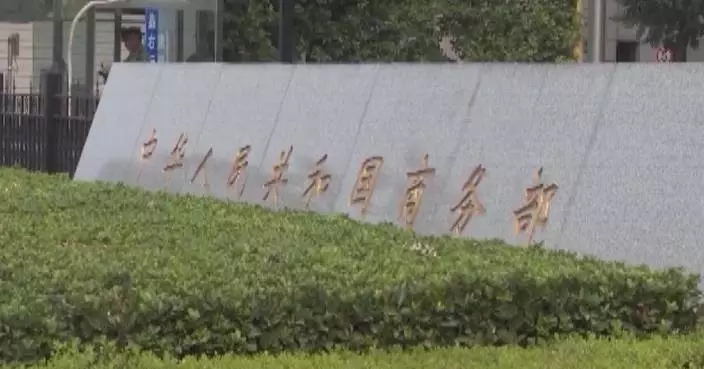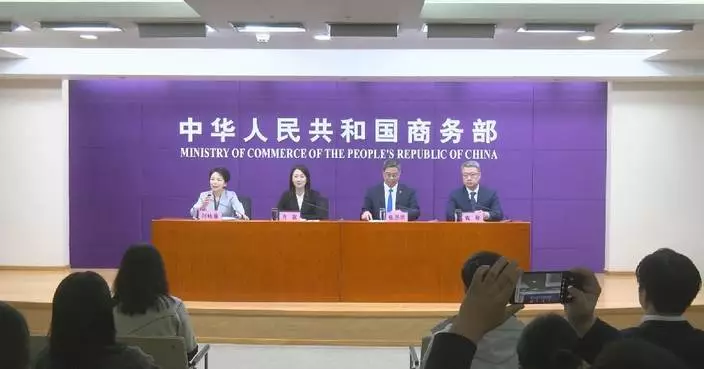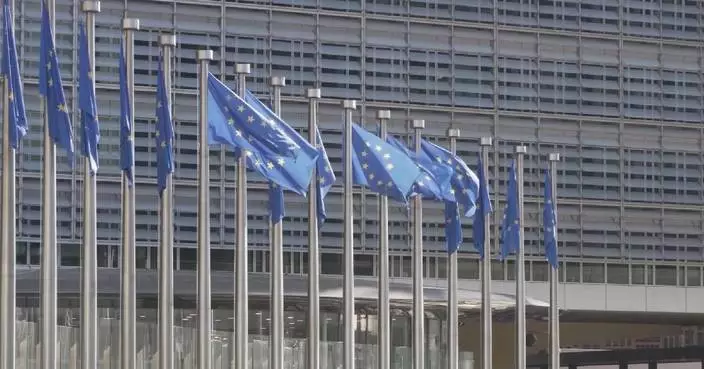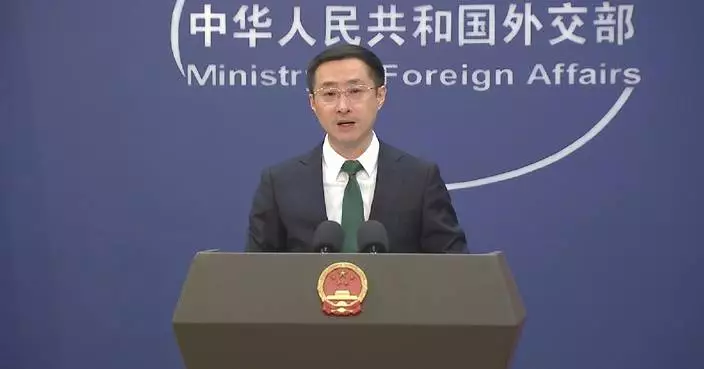U.S. President Donald Trump's 25-percent car tariffs, which took effect on Thursday, have spurred confusion and concern in Canada's automotive capital of Windsor.
As the latest duties came into force, carmaker Stellantis, which owns marques including Chrysler, Jeep and Dodge, confirmed it will shut down its assembly plant in the Canadian border city of Windsor for two weeks starting April 7.
Fear and anxiety are running high among Stellantis workers.
"It's hard to comprehend at first and then it's hard to see where things are going to go from here. I think that everyone is hoping that it won't be long, but I have a feeling that it could be years," said a worker.
"Little nervous to be honest. Right now, with the way things are going over in the United States, it definitely affects us and if we're not selling cars, we're not going to have a job," another worker said.
Stellantis also announced it would pause production at a plant in Mexico, and temporarily lay off some 900 workers in Midwestern states of Michigan and Indiana.
Experts warn that the tariffs will be likely to severely disrupt global supply chains and lead to production cutbacks and layoffs if they remain in place for any length of time.
"If vehicle sales stall, manufacturing will stop. The car companies will not keep building cars if they can't sell them. They just can't do that, and they won't. So if they're not building cars, they will lay the workers off. This will snowball through the entire economy of the globe," said Peter Frise, a professor of automotive engineering at the University of Windsor.
On Thursday, Canadian Prime Minister Mark Carney announced Canada will be responding by matching the U.S. approach with 25-percent tariffs on all vehicles imported from the United States that are not compliant with the Canada-U.S.-Mexico Agreement (CUSMA).

Canadian auto workers on edge following US tariffs
China is committed to the principle of free trade and has substantially opened its markets since joining the World Trade Organization (WTO) in 2001, making a positive contribution to upholding the effectiveness and authority of the multilateral trading system, an official with China's Ministry of Commerce said on Wednesday.
The remarks came in response to media questions about a white paper titled "China's Position on Some Issues Concerning China-U.S. Economic and Trade Relations", which was published by China's State Council Information Office on the same day, and aims to clarify key facts, address misperception and present China's policy stance in the face of escalating trade tensions.
The official said that since joining the WTO, China has fully honored its accession commitments, while abiding by and implementing WTO rules.
The Chinese government has improved the legal and regulatory framework for a rule-based market economy and made compliance assessments a compulsory precondition for the release of trade policies, which has enhanced the stability, transparency and predictability of its trade policies and established a legal framework aligned with multilateral trade principles, according to the official.
The official said that in honoring its commitments of extensive and substantial tariff reduction, made upon acceding the WTO, China has voluntarily lowered import tariff rates multiple times, with all the tariff reduction commitments for goods being fulfilled by 2010.
China's overall tariff level has been reduced from 15.3 percent in 2001 to 9.8 percent. In terms of WTO-bound tariff rates, China's overall tariff level is approaching the average bound tariff rate of developed members at 9.4 percent, said the official.
The official also noted that since its accession, China has strictly adhered to all WTO subsidy discipline and promptly submitted subsidy notifications to the WTO. In June 2023, China submitted the 2021 – 2022 subsidy policy notification, involving 69 central and 385 local government subsidy policies, covering all provincial-level administrative regions.
The Chinese government has aligned itself with international rules through a series of systematic reforms and progressively optimized the business environment, providing a more transparent, fair and predictable environment for global enterprises, said the official.
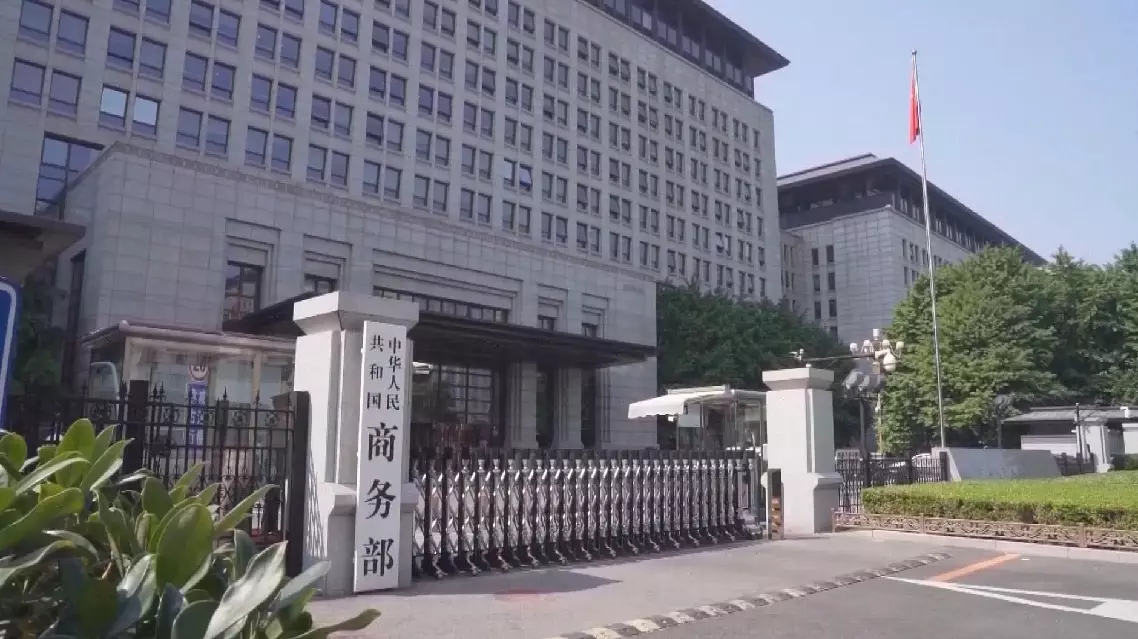
China committed to free trade, WTO rules: commerce ministry






